The age of 27 has become a poignant and strangely significant milestone in the world of music, marking the untimely end of several iconic musicians who left an indelible mark on the industry. Referred to as the “27 Club,” this group comprises talented artists who tragically passed away at the young age of 27, leaving behind a legacy that continues to captivate and inspire. In this blog, we’ll delve into the lives and legacies of the 10 most famous musicians who departed at this hauntingly coincidental age, exploring the impact they had on music and the enduring fascination surrounding their brief yet influential careers.
The List of the 10 Most Famous Musicians Who Passed Away At Age 27
10. Dave Alexander
The Stooges
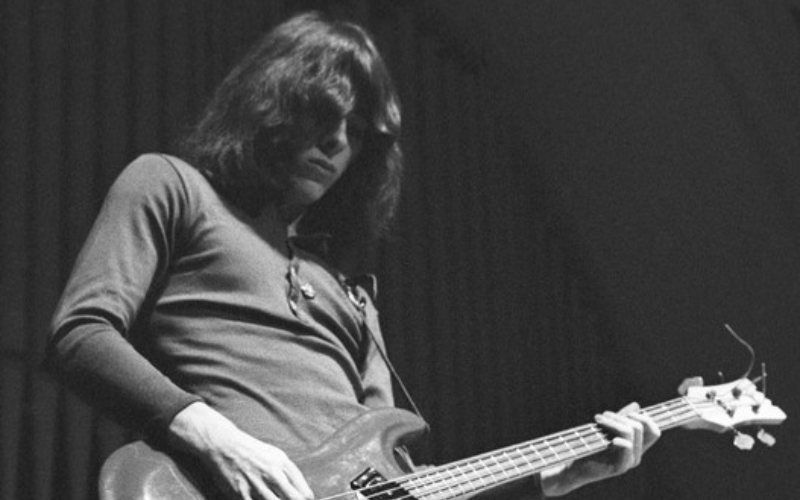
Born in Michigan in 1947, David Michael Alexander served as the bassist for The Stooges, a protopunk band originating in Ann Arbor, Michigan.
In 1967, Alexander, alongside Iggy Pop and the Asheton brothers Ron and Scott, co-founded The Stooges. According to his bandmates, Alexander played a significant role as the primary composer of several of The Stooges’ most prominent hits.
However, Alexander’s departure from The Stooges occurred in 1970 when he arrived too intoxicated to perform at a gig. His struggles with alcoholism eventually led to pancreatitis, and in 1975, Alexander was admitted to the emergency room. Unfortunately, he later succumbed to pulmonary edema.
9. Rudy Lewis
The Drifters
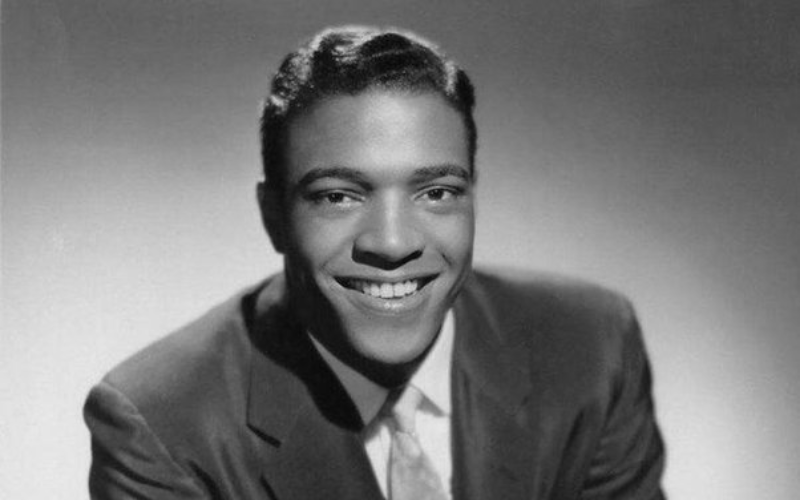
Charles Rudolph Lewis, renowned by his stage identity Rudy Lewis, served as the lead vocalist for the rhythm and blues ensemble The Drifters. Hailing from Philadelphia, Lewis commenced his musical journey in gospel singing. In 1960, he assumed the role of frontman for The Drifters, succeeding Ben E. King, a position he held for the ensuing four years.
His passing on May 21, 1964, led to his posthumous induction into the Rock and Roll Hall of Fame in 1988. Although an autopsy was not conducted, authorities asserted that his demise was linked to drugs. Conversely, close family and friends attributed his death to an eating disorder exacerbated by persistent drug use.
Following Lewis’s demise, Johnny Moore, the former lead singer of The Drifters, returned to fill the void left by Lewis.
8. Ron “Pigpen” McKernan
The Grateful Dead
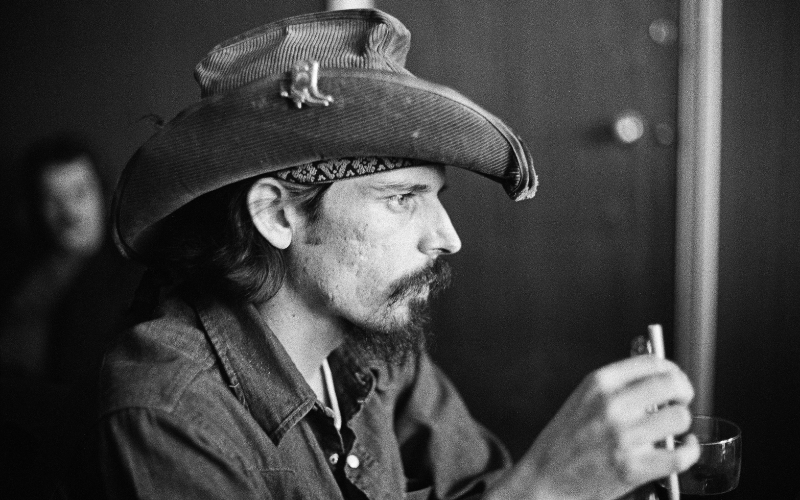
Ronald Charles McKernan, known by the nickname Pigpen, played a pivotal role as a founding member and original frontman of the Grateful Dead. Hailing from San Francisco, McKernan joined forces with Jerry Garcia and Phil Lesh in 1965 to establish the Grateful Dead, where he not only served as the lead vocalist but also showcased his skills on the organ and harmonica.
Facing challenges in adapting to the evolving music scene, McKernan decided to retire in 1972 on the advice of his doctor. Tragically, on March 8, 1973, he passed away due to a GI hemorrhage.
Even in his absence, McKernan continued to influence subsequent band members. In recognition of his contributions, he was posthumously inducted into the Rock and Roll Hall of Fame in 1994.
7. Kristen Pfaff
Hole

Kristen Pfaff served as the bassist for Hole, the alternative rock band led by Courtney Love. Pfaff’s musical journey began with a period in the rock band Janitor Joe from 1991 to 1993, and she subsequently joined Hole, marking a significant step forward in her career.
Remaining with Hole until 1994, Pfaff then returned to Janitor Joe until her untimely passing in June. On June 16, 1994, she succumbed to a heroin overdose, just two months after the death of her fellow musician and close friend, Kurt Cobain.
In the months following her demise, Pfaff was posthumously honored with induction into the Buffalo Music Hall of Fame. Additionally, the University of Minnesota’s radio initiated an annual scholarship in her name.
6. Brian Jones
Rolling Stones
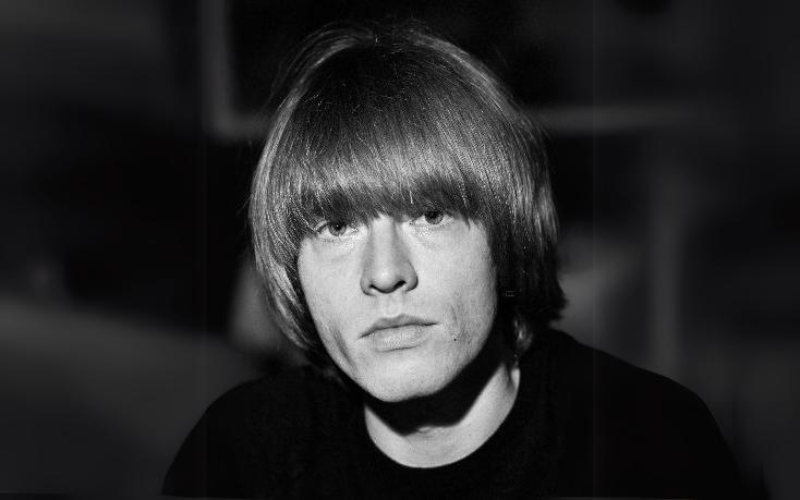
Lewis Brian Hopkins Jones, recognized by his stage moniker Brian Jones, achieved fame as a founding member of the British rock band the Rolling Stones. Despite his musical prowess, Jones grappled with drug and alcohol dependency for an extended period leading up to his passing.
His struggles with addiction ultimately resulted in his expulsion from the band just a month before his demise, as his unreliability had become a significant concern to his fellow bandmates. Tragically, Jones met his end on July 3, 1969, drowning in his own swimming pool.
In 1989, Jones was posthumously inducted into the Rock and Roll Hall of Fame alongside his former bandmates, commemorating his enduring impact on the world of music.
5. Amy Winehouse
Amy Winehouse

Renowned British singer Amy Winehouse was celebrated for her lush vocals and adept fusion of multiple music genres, although her escapades in social circles frequently thrust her into the spotlight of tabloids.
Her ascent to stardom was marked by the release of “Back to Black,” the 2006 album featuring the hit single “Rehab.” Unfortunately, her struggle with bipolar disorder and addiction persisted, and despite attempts at rehabilitation, Winehouse’s life came to a tragic end on July 23, 2011, when she was discovered lifeless in her London home due to alcohol poisoning.
Despite the challenges and a tumultuous public image, Winehouse garnered numerous awards during her nine-year musical career. Additionally, influential artists such as Adele and Lady Gaga attribute her as a trailblazer who paved the way for their own success.
4. Janis Joplin
Big Brother and the Holding Company
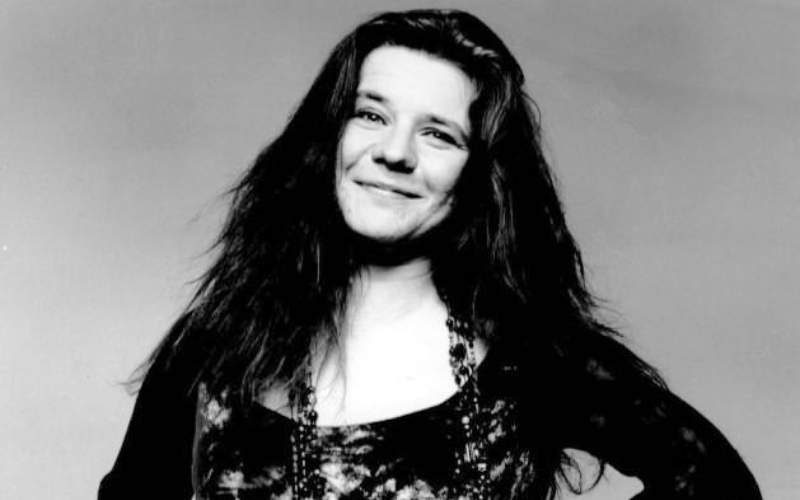
Janis Joplin, an acclaimed American rock and soul vocalist, was renowned for her distinctive voice and radiant smile. Her fame soared in 1967 following a standout performance at the Monterey Pop Festival alongside Big Brother and the Holding Company.
Several of Joplin’s songs, including her renowned rendition of Erma Franklin’s “Piece of My Heart,” climbed to the top of the charts. Sadly, her life was cut short in 1970 due to a heroin overdose. Despite grappling with addiction prior to her passing, a close associate believed that the drugs contributing to her overdose were exceptionally potent.
Recognizing her enduring influence, Joplin was posthumously inducted into the Rock and Roll Hall of Fame in 1995, marking 25 years since her untimely death.
3. Jim Morrison
The Doors
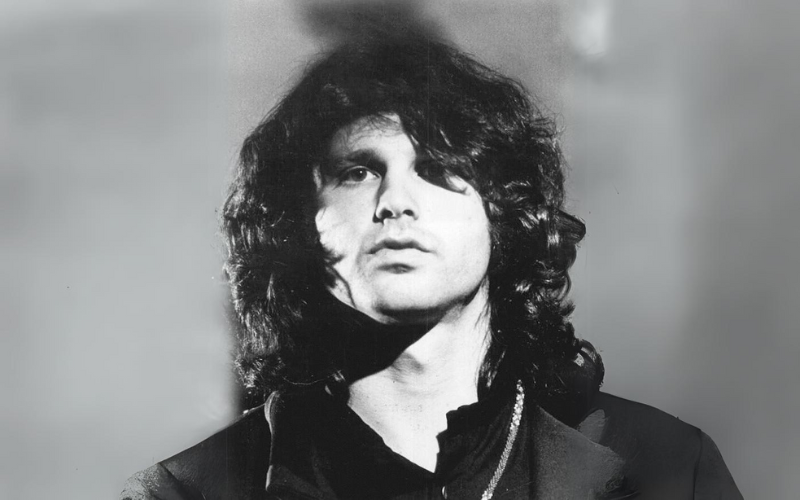
Jim Morrison, the frontman for the American rock band the Doors, gained fame for his singular and unmistakable voice, as well as his captivating performances. Despite his prowess as a lyricist, setting him apart from both contemporaries and predecessors, Morrison grappled with addiction leading up to his demise.
Regrettably, on July 3, 1971, Morrison was discovered lifeless in a Paris bathtub. While the widely accepted cause of death is attributed to heart failure, some contend that it may have resulted from a heroin overdose.
In the aftermath of his passing, Morrison has posthumously earned acclaim as one of the greatest rock singers in numerous publications.
2. Kurt Cobain
Nirvana

Kurt Cobain served as the frontman and guitarist for the grunge band Nirvana during the 1990s. Recognized for his anti-establishment perspectives and angst-ridden lyrics, Cobain emerged as a spokesperson for Generation X, boasting one of the most distinctive voices in ’90s rock.
Tragically, Cobain grappled with severe depression and addiction for an extended period leading up to his untimely death. On April 8, 1994, he took his own life with a self-inflicted gunshot wound, having left a rehab center against medical advice.
Following his passing, Cobain received posthumous honors, including induction into the Rock and Roll Hall of Fame and placement on various lists by Rolling Stone. Nirvana officially disbanded after his demise, with former bandmates embarking on new ventures.
1. Jimi Hendrix
The Jimi Hendrix Experience
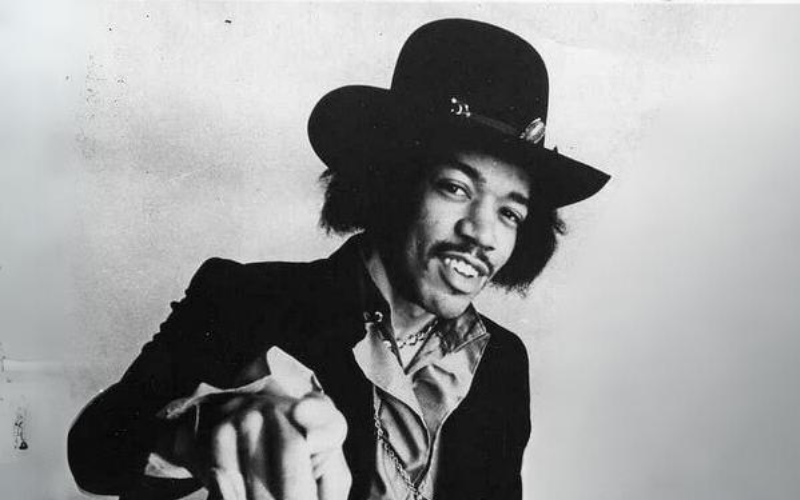
Renowned as one of the greatest electric guitarists in history, Johnny Allen “Jimi” Hendrix enjoyed a brief yet influential career and stood as a headline act at Woodstock in 1969. Engaging in a lifestyle marked by frequent drug and alcohol use, Hendrix faced self-destructive tendencies that ultimately led to his demise on September 18, 1970, due to a barbiturate overdose resulting in asphyxiation.
Posthumously, Hendrix’s work continued to captivate audiences through releases such as “The Cry of Love,” his final album in progress at the time of his death. Despite the brevity of his artistic journey, he left an indelible mark as one of the greatest instrumentalists, paving the way for success for other black musicians.
Conclusion
In reflecting on the lives and untimely deaths of these 10 renowned musicians who left us at the age of 27, we are reminded of the fragility of talent and the profound impact these artists had on the world of music. The “27 Club” stands as a somber testament to the challenges and pressures faced by those who achieve fame at a young age. As we pay tribute to these exceptional talents—each with their unique contributions and legacies—it is our hope that their stories serve as a poignant reminder to cherish and support the well-being of artists navigating the complexities of fame, creativity, and personal struggles. While their time was cut short, the music they created continues to resonate, ensuring that their artistic spirits endure in the hearts of fans and aspiring musicians alike.
Recent Posts
Step into a realm of nostalgia as we embark on a journey through the annals of pop culture and bid farewell to 35 recently obsolete technologies. In the ever-evolving landscape of innovation, certain...
